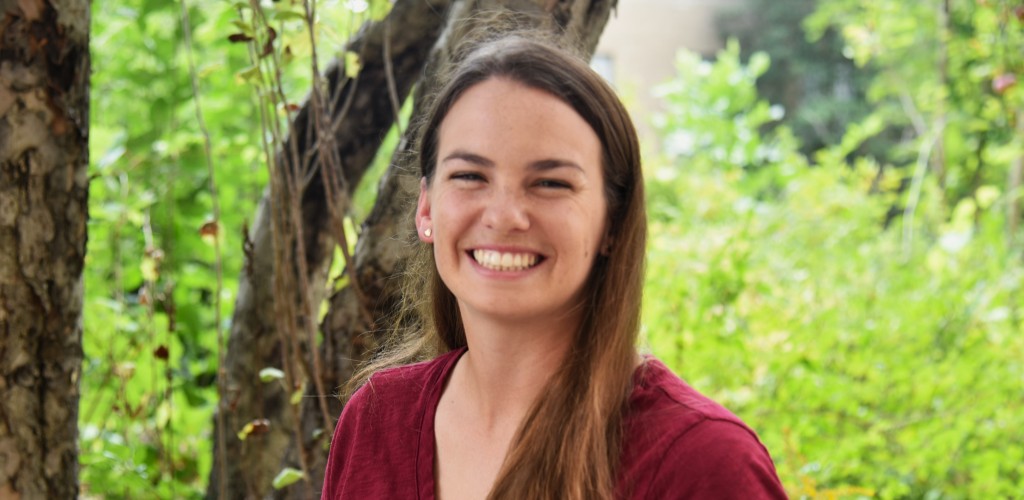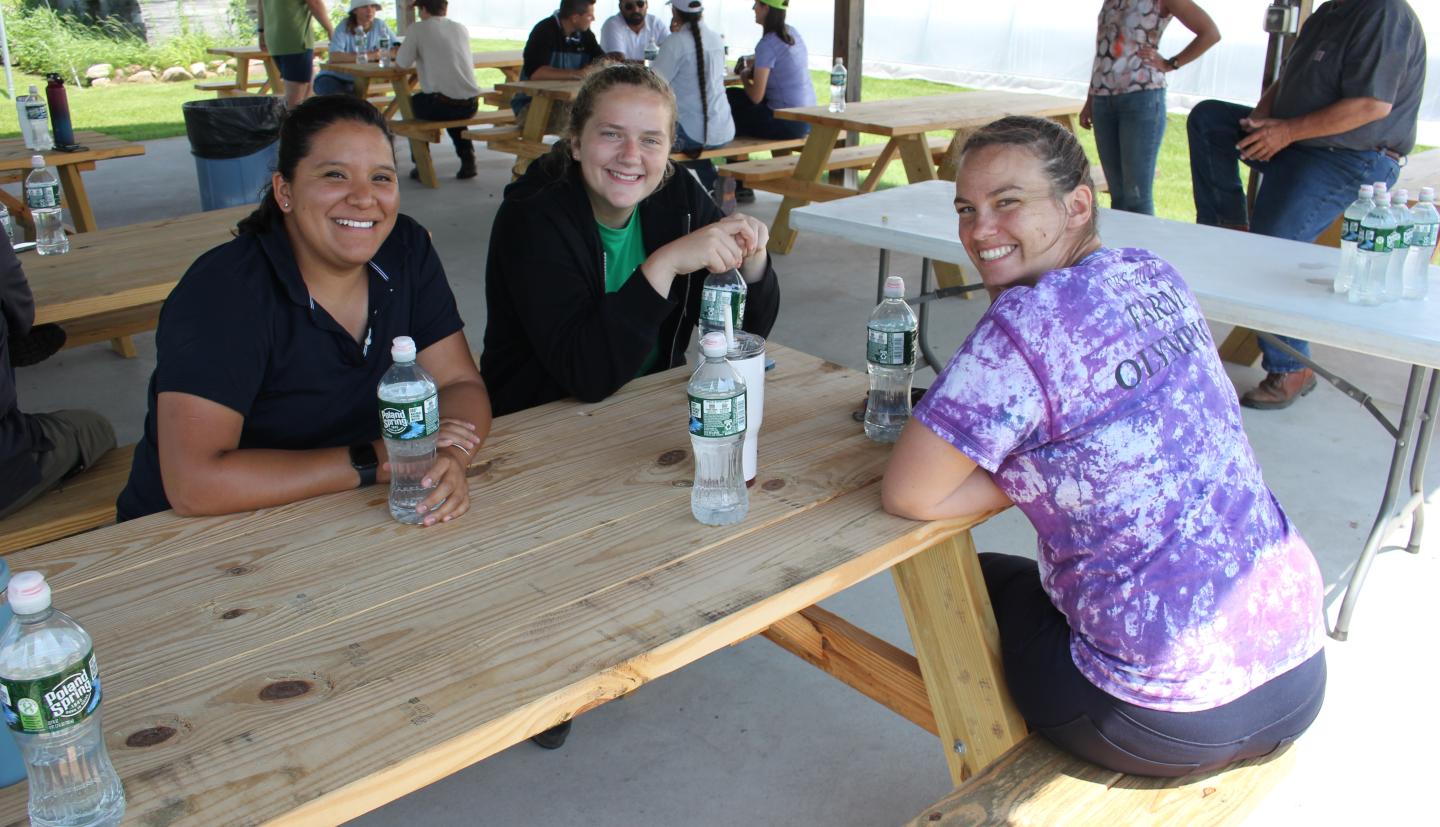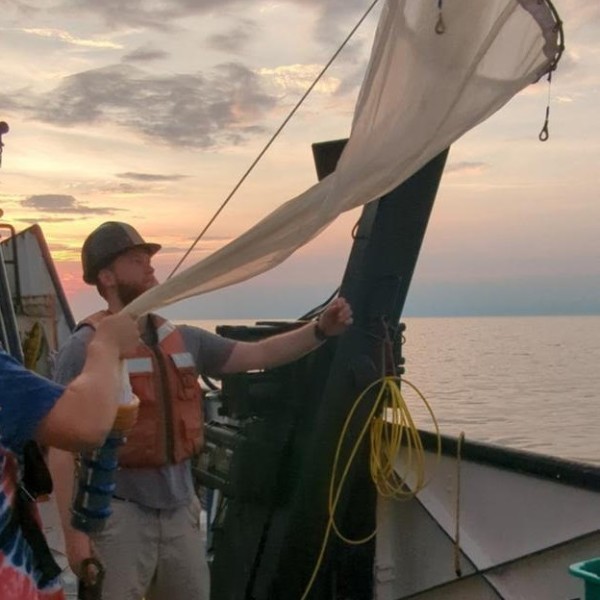Carly Bass is currently pursuing a Master of Professional Studies (MPS) in animal science through Cornell CALS. Read on to learn about Carly's career path and her progress toward completing her MPS capstone project before graduating this fall.
How did your path lead you to Cornell’s CALS?
For my bachelor’s degree, I studied animal science at the University of New Hampshire, graduating in 2018. After that, I was looking to do some more hands-on work, so I decided to pursue a job on a farm. For around five years I worked mostly on sheep farms, ranging from those catered towards agrotourism to those focused on biomedical research. During my time as a farmhand, I realized I would love to get into agricultural consulting and help farmers improve their practices-- that’s why I decided to come to Cornell to pursue a Master of Professional Studies (MPS) degree in animal science. I chose this one-year intensive program because it is designed to help career-focused individuals refine their skills through coursework and a hands-on capstone project.
How has your time at Cornell influenced your career goals?
While I came into this program to focus on animal nutrition, I was drawn in by the four-credit Whole-Farm Nutrient Management course that is co-taught by Quirine Ketterings and Mike Van Amburgh in the animal science department.
"Taking whole-farm nutrient management was a highlight for me, it triggered my lightbulb moment and changed my path in life."
The class inspired me to shift my focus from animal nutrition to crop nutrient management and join the Nutrient Management Spear Program (NMSP), which Quirine leads. Beyond my time in the fields as a farmhand, I had no previous experience with crop nutrient management, but I loved the NMSP’s focus on using technology to help farms become more sustainable. I’m excited to dive deeper into my work this semester.







